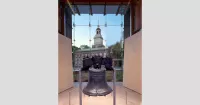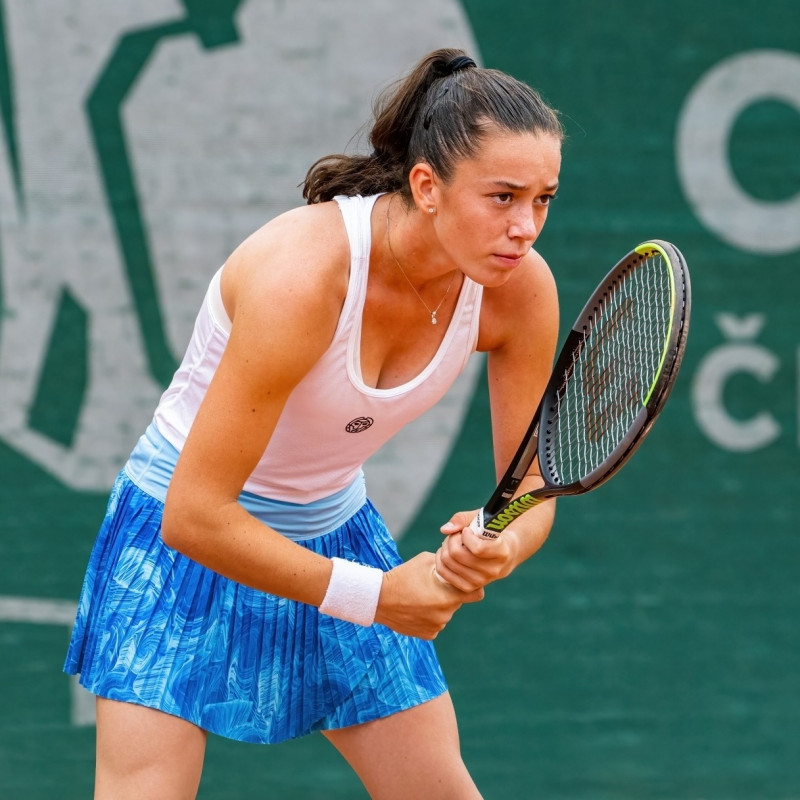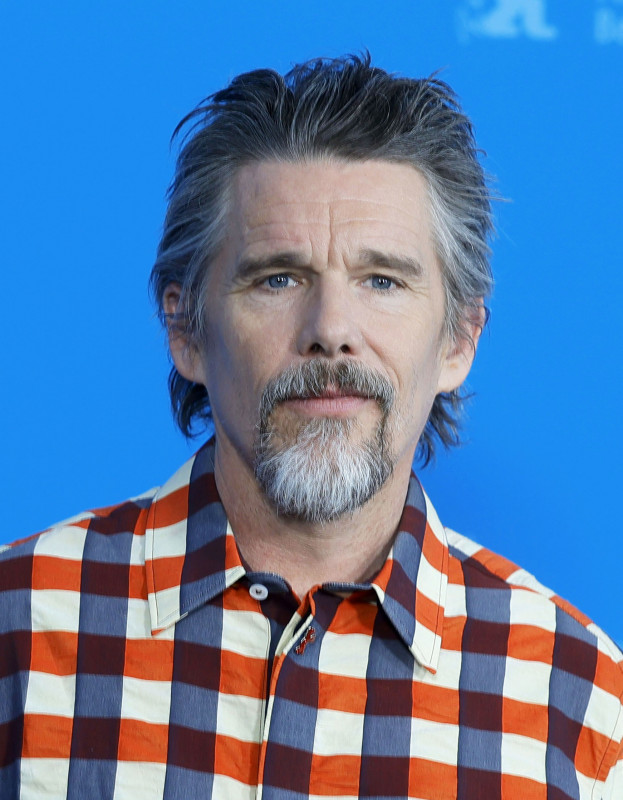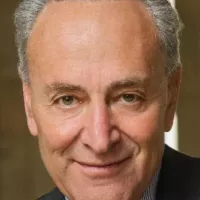René Gerónimo Favaloro was an Argentine cardiac surgeon renowned for his groundbreaking contributions to coronary artery bypass surgery. His innovative technique, utilizing the great saphenous vein, revolutionized cardiac surgery and has since saved countless lives. Favaloro's legacy extends beyond his surgical innovations; he was also a dedicated educator and advocate for accessible healthcare.
July 12, 1923: Birth of René Favaloro
René Gerónimo Favaloro was born on July 12, 1923. He would become a renowned Argentine cardiac surgeon famous for his pioneering work in coronary artery bypass surgery.
1923: Early Life and Heritage
In 1923, René Favaloro was born and subsequently raised in La Plata, Argentina. His family had Sicilian roots, with his grandparents originating from the island of Salina.
1936: Education at Colegio Nacional de La Plata
In 1936, René Favaloro began his secondary education at the Colegio Nacional de La Plata, marking the beginning of his academic journey.
1949: Medical Graduation from National University of La Plata
René Favaloro graduated with a medical degree from the National University of La Plata in 1949, a pivotal step towards his career in cardiac surgery.
1951: Marriage to María Antonia Delgado
René Favaloro married María Antonia Delgado in 1951. This marked a significant personal milestone in his life.
1967: Pioneering Coronary Artery Bypass Surgery
In 1967, René Favaloro revolutionized cardiac surgery by pioneering coronary artery bypass surgery using the saphenous vein. This groundbreaking technique, aimed at bypassing obstructed coronary arteries, significantly impacted the treatment of coronary disease.
1970: Publication of "Surgical Treatment of Coronary Arteriosclerosis"
In 1970, René Favaloro authored and published "Surgical Treatment of Coronary Arteriosclerosis," a seminal work that further solidified his contributions to the field of cardiac surgery.
1971: Return to Argentina and Vision for Excellence
Driven by a vision to establish a center of excellence, René Favaloro returned to Argentina in 1971, aiming to create an institution that seamlessly integrated medical attention, research, and education.
1975: Establishment of the Fundación Favaloro
In 1975, René Favaloro, along with dedicated collaborators, founded the Fundación Favaloro, a testament to his commitment to advancing cardiac care, research, and education in Argentina.
1979: John Scott Prize Award
René Favaloro was honored with the John Scott Prize in 1979, a prestigious award granted in Philadelphia, recognizing his outstanding contributions to science and technology.
1980: Founding of the "Basic Investigation Laboratory"
In 1980, René Favaloro established the "Basic Investigation Laboratory." Initially funded by Favaloro himself, the laboratory demonstrated his commitment to supporting scientific research and its potential to improve medical care.
1982: Recognition by Fundación Conchita Rábago de Giménez Díaz
René Favaloro received recognition from the Fundación Conchita Rábago de Giménez Díaz in Madrid, Spain, in 1982, highlighting the international appreciation for his work.
1986: Teacher Prize of Argentinian Medicine Award
René Favaloro was honored with the Teacher Prize of Argentinian Medicine in 1986, acknowledging his significant contributions to medical education.
1987: Distinguished Alumnus Award from Cleveland Clinic Foundation and Gairdner Foundation International Award
In 1987, René Favaloro received two prestigious honors: the Distinguished Alumnus Award from the Cleveland Clinic Foundation and the Gairdner Foundation International Award from the Gairdner Foundation in Toronto, Canada, further highlighting his global impact.
1989: René Leriche Prize Award
The International Surgery Society bestowed upon René Favaloro the René Leriche Prize in 1989, acknowledging his outstanding contributions to the field of surgery.
1990: Treating Tito Lectoure
In 1990, renowned cardiac surgeon René Favaloro performed surgery on Tito Lectoure, a prominent figure known for his role as a boxing promoter and owner of the Luna Park arena.
1992: Gifted Teacher Award from American College of Cardiology
The American College of Cardiology recognized René Favaloro's exceptional teaching abilities with the Gifted Teacher Award in 1992.
1992: Opening of the Favaloro Foundation Institute of Cardiology and Cardiovascular Surgery
The Favaloro Foundation Institute of Cardiology and Cardiovascular Surgery opened its doors in Buenos Aires in 1992. This institute, operating under the motto "advanced technology in the service of medical humanism," became a hub for specialized cardiac care.
1993: Golden Plate Award and Diamond Konex Award
René Favaloro received two significant awards in 1993: the Golden Plate Award from the American Academy of Achievement, recognizing his lifetime achievements, and the Diamond Konex Award in Argentina, honoring him as the most important scientist in the country over the preceding decade.
August 1998: Transformation into Universidad Favaloro
In August 1998, the "Basic Investigation Laboratory" founded by René Favaloro underwent a significant transformation, evolving into the Universidad Favaloro. This underscored Favaloro's dedication to fostering education and research in the medical field.
1998: Death of María Antonia Delgado and its Impact
The year 1998 marked a turning point in René Favaloro's personal life with the death of his wife, María Antonia Delgado. This loss deeply affected him, contributing to the challenges he faced in his later years.
July 29, 2000: Death of René Favaloro
On July 29, 2000, René Favaloro died. His death, attributed to suicide, was linked to the financial difficulties of the Favaloro Foundation, highlighting the challenges he faced within the healthcare system.
2000: Closure of Centro Editor de la Fundación Favaloro
The Centro Editor de la Fundación Favaloro, the publishing arm of the Favaloro Foundation, ceased operations in 2000.
2007: Named Second-Greatest Argentine of All Time
In 2007, the TV show "El Gen Argentino" recognized René Favaloro's lasting impact by naming him the second-greatest Argentine of all time.
July 12, 2019: Google Doodle Commemoration
On July 12, 2019, Google commemorated what would have been René Favaloro's 96th birthday with a special Google Doodle, showcasing his global recognition.
Mentioned in this timeline

Google LLC is a multinational technology company specializing in online...
Argentina officially the Argentine Republic is located in the southern...
Canada is a North American country spanning from the Atlantic...

Philadelphia or Philly is Pennsylvania's most populous city and the...
Thailand formerly known as Siam is a Southeast Asian country...
Israel officially the State of Israel is a country in...
Trending

24 hours ago Tereza Valentová Praised by Coco Gauff as a Potential WTA Tour Threat
Guillermo del Toro is a Mexican filmmaker author and artist celebrated for his dark fantasy films His work blends fairy...
52 minutes ago New Zealand and England Clash in T20I Series; Williamson Sidelined.

5 months ago Swiatek vs. Cristian at Roland Garros: Predictions and Highlights from the French Open

4 days ago Kylie Jenner sparks controversy with jail promo, revives 'King Kylie' with new look.

5 months ago Ethan Hawke's 'The Lowdown' Noir Series Premieres September 23 on FX at 9 PM.
Popular

Candace Owens is an American political commentator and author known...

Charlie Kirk is an American right-wing political activist entrepreneur and...

Paula White-Cain is a prominent American televangelist and key figure...

XXXTentacion born Jahseh Dwayne Ricardo Onfroy was a controversial yet...

Chuck Schumer is the senior United States Senator from New...

William Franklin Graham III commonly known as Franklin Graham is...
